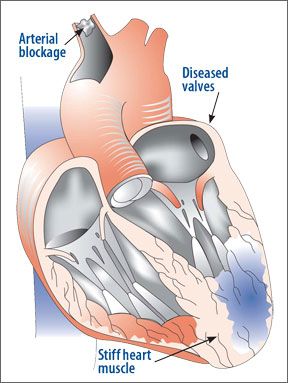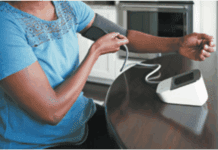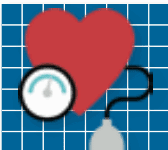Its a condition that can sound worse than it really is, but heart failure (HF) is serious and special precautions should be taken by HF patients who dont want their cardiovascular health to rob them of their quality of life. Contrary to a popular misunderstanding, heart failure does not mean that the heart has "failed" and is no longer working. Instead HF simply means that the heart is no longer pumping efficiently and fails to sufficiently supply all the blood needed to meet the bodys needs. Its estimated that about 5 million Americans have HF, and about 550,000 new cases are diagnosed annually. "Heart failure is a disease you can live with for a long time," says Cleveland Clinic cardiologist Curtis M. Rimmerman, MD. "With advances in medication and technology, there are more treatment options available now than ever before." For example, left ventricular assist devices (LVADs), which are basically mechanical heart pumps, used to serve only as bridges for patients waiting for heart transplants. Today, LVADs also are being used as "destination therapy," improving quality of life among patients with serious HF. And in March, the American Heart Association (AHA) and the American College of Cardiology updated their HF treatment guidelines and strengthened their recommendations for the use of the vasodilators hydralazine (Apresoline) and isosorbide dinitrate (Dilatrate), which improve blood flow by relaxing the smooth-muscle walls of blood vessels.
To continue reading this article or issue you must be a paid subscriber.
Sign in






